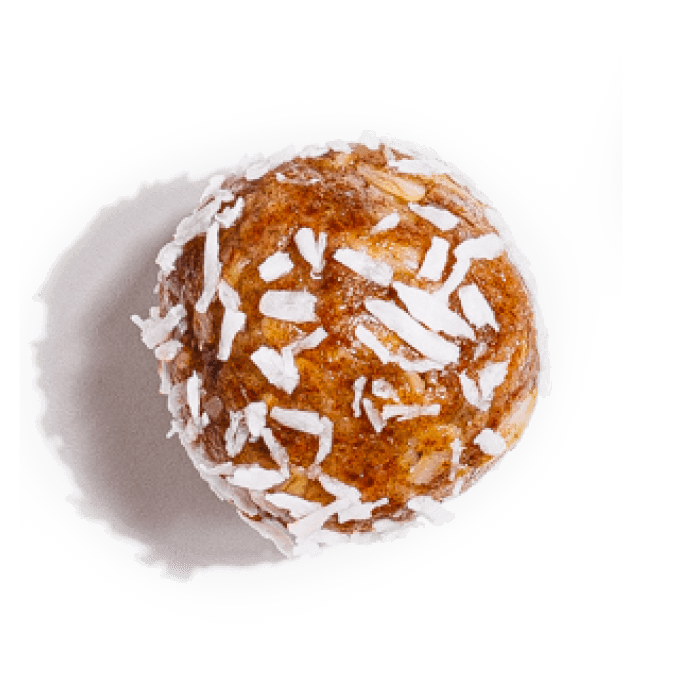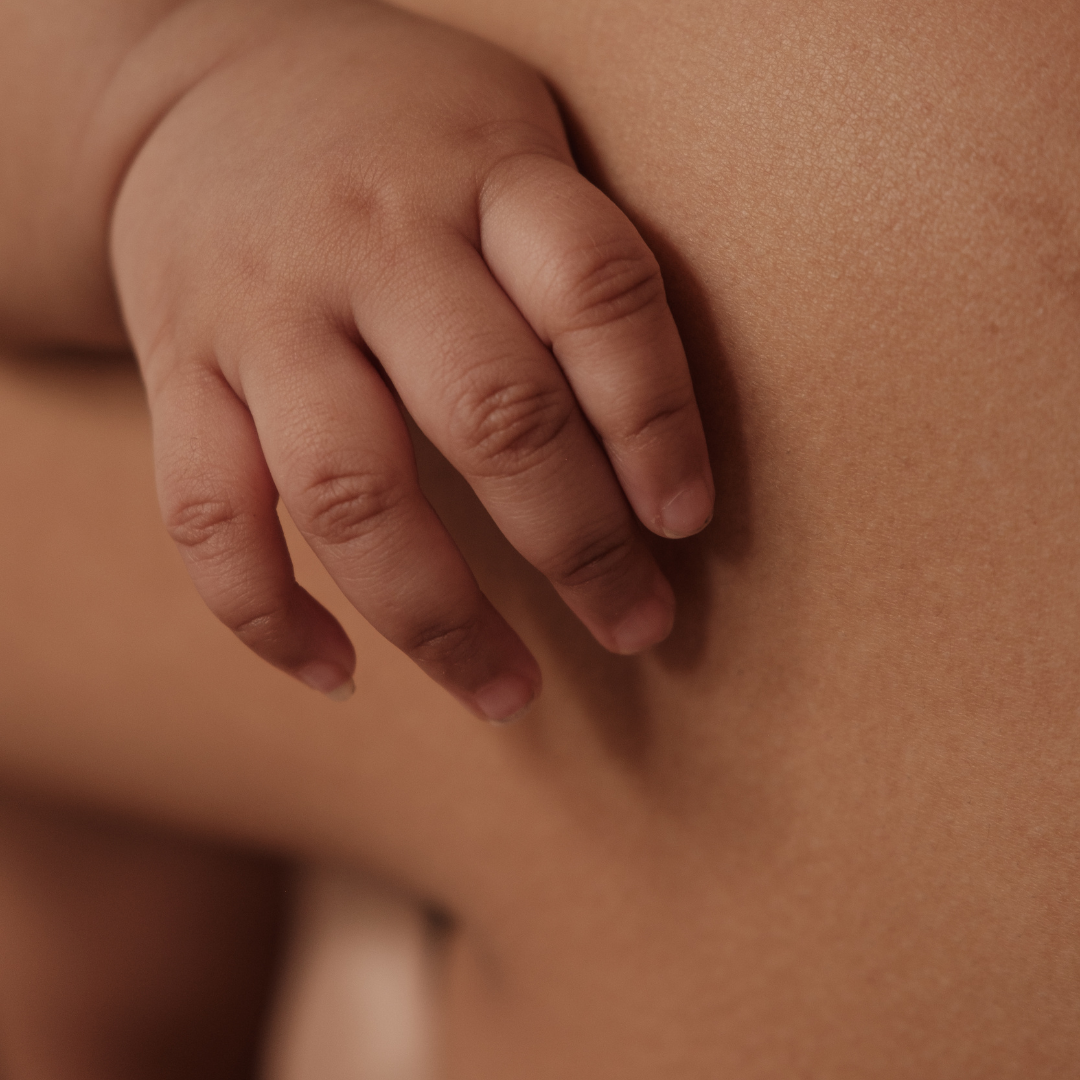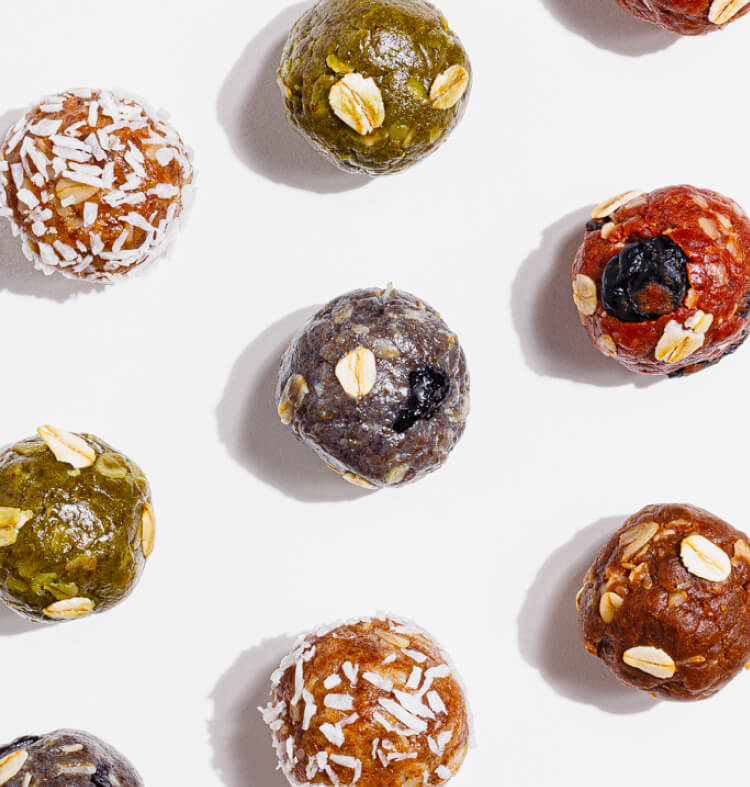By: Krista Maas de Villiers, BSC Dietietics
Hormones run the show. From energy levels to mood to metabolism, your hormones influence nearly every function of your body - especially during pregnancy and postpartum. But when hormonal changes are met with poor nutrition or inflammation, the result can be extreme fatigue, mood swings, blood sugar crashes, and more.
The good news? Nutrition is one of the most powerful ways to support hormone health. In this article, we’ll explore the connection between your gut and hormones, what happens to your hormones postpartum, and how real food - especially in the form of balanced snacks like Nunona - can help you feel better, faster.
Gut Health and Hormone Balance: What’s the Connection?
Your gut and hormones are in constant communication. Estrogen, cortisol, thyroid hormones, and even insulin rely on a healthy gut microbiome to function properly. When your gut bacteria are imbalanced or inflamed, your body may struggle to detoxify excess hormones, leading to symptoms like bloating, brain fog, and irregular cycles.
Fiber plays a key role here - it feeds the beneficial gut bacteria that help metabolize estrogen and reduce inflammation. A lack of fiber, or excess intake of inflammatory ingredients like synthetic iron or folic acid, can disrupt this delicate balance¹.
Nutrition and Hormones During Pregnancy and Postpartum
Pregnancy kicks off a cascade of hormonal shifts - rising estrogen and progesterone support fetal development, while insulin resistance naturally increases. After birth, these hormone levels plummet, often triggering fatigue, mood instability, or even postpartum depression.
Micronutrient status matters here: B6, magnesium, and choline all play vital roles in hormone synthesis, neurotransmitter regulation, and tissue repair². Yet many women fall short - even with supplements.
For example, only 8% of pregnant women meet the adequate intake for choline, and 47.5% fall short on magnesium - even when including supplements³.
What’s Actually Going On with Your Hormones Postpartum
Postpartum is often called the "second puberty" - and it’s not far off. Your estrogen and progesterone drop sharply after delivery. Meanwhile, prolactin (to support breastfeeding) surges, while thyroid function may shift unexpectedly.
This is also when nutrient stores are at their lowest, especially if you're breastfeeding. That depletion affects:
-
Mood (via B vitamins and omega-3s)
-
Sleep and energy (via magnesium and iron)
-
Lactation (via choline and hydration)
You can’t “balance” hormones with one ingredient. But you can support recovery with consistent, anti-inflammatory nourishment.
Postnatal Depletion Is Real—and It Can Last 7 Years
Emerging research and clinical observations point to a phenomenon called postnatal depletion - a lasting physiological and emotional deficit that can persist for up to seven years after birth⁴. This isn’t just about fatigue. It’s about lingering inflammation, micronutrient deficiencies, hormonal instability, and the deep, unmet nutritional needs of mothers long after the six-week checkup.
And because so few women receive ongoing support or replenishment, many operate in a chronic state of undernourishment.
Tips to Support and Stabilize Hormones Naturally
Forget restrictive diets or “hormone detox” supplements. Real hormonal support starts with eating the right things, at the right times.
- Eat regularly: Include fat, fiber, and protein at each snack or meal to avoid blood sugar crashes
- Prioritize anti-inflammatory foods: Think flax, chia, leafy greens, berries, and omega-3s
- Watch for hidden stressors: Highly processed supplements with preservatives and synthetic forms may add more burden
- Focus on these nutrients:
-
-
Magnesium (oats, cacao, pumpkin seeds)
-
Vitamin B6 (spinach, sunflower seeds)
-
Zinc (pumpkin seeds)
-
Choline (sunflower lecithin)
-
Magnesium (oats, cacao, pumpkin seeds)
How Nunona Supports Hormone Health - By Design
We didn’t build Nunona to be “just” a prenatal. We designed it as the foundational nutritional support for every stage of motherhood - from trying to conceive to postpartum recovery and beyond.
Here’s how Nunona helps:
-
Balanced macros in every bite: With fiber from oats, flax and dates, fat and protein from nut butters, each bite helps stabilize blood sugar - a key hormone regulator
-
100% real food ingredients: Every nutrient comes from organic food, not synthetic isolates
-
Anti-inflammatory by nature: Real food contains antioxidants and polyphenols that naturally reduce oxidative stress
-
Nutrient-dense by design: Includes 32+ nutrients to support the full hormonal ecosystem - without synthetics or fillers
Make Nunona Part of Your Daily Postnatal Ritual
Your hormone recovery doesn’t stop six weeks after birth. And neither should your nourishment.
Nunona was created to be a daily recovery ritual - a bite-sized way to replenish what’s lost, support the endocrine system, and give your body the tools to rebuild.
Because postnatal healing is long. And your nourishment should go the distance.
References
-
Vangay P, Johnson AJ, Ward TL, et al. US Immigration Westernizes the Human Gut Microbiome. Cell. 2018;175(4):962-972.e10.
-
Christian P, Mullany LC, Hurley KM, Katz J, Black RE. Nutrition and maternal, neonatal, and child health. Semin Perinatol. 2015;39(5):361-372.
-
Bailey RL, et al. Estimation of total usual dietary intakes of pregnant women in the United States. JAMA Netw Open. 2019;2(6):e195967.
-
Serrallach O. The Postnatal Depletion Cure. Grand Central Life & Style; 2018.










